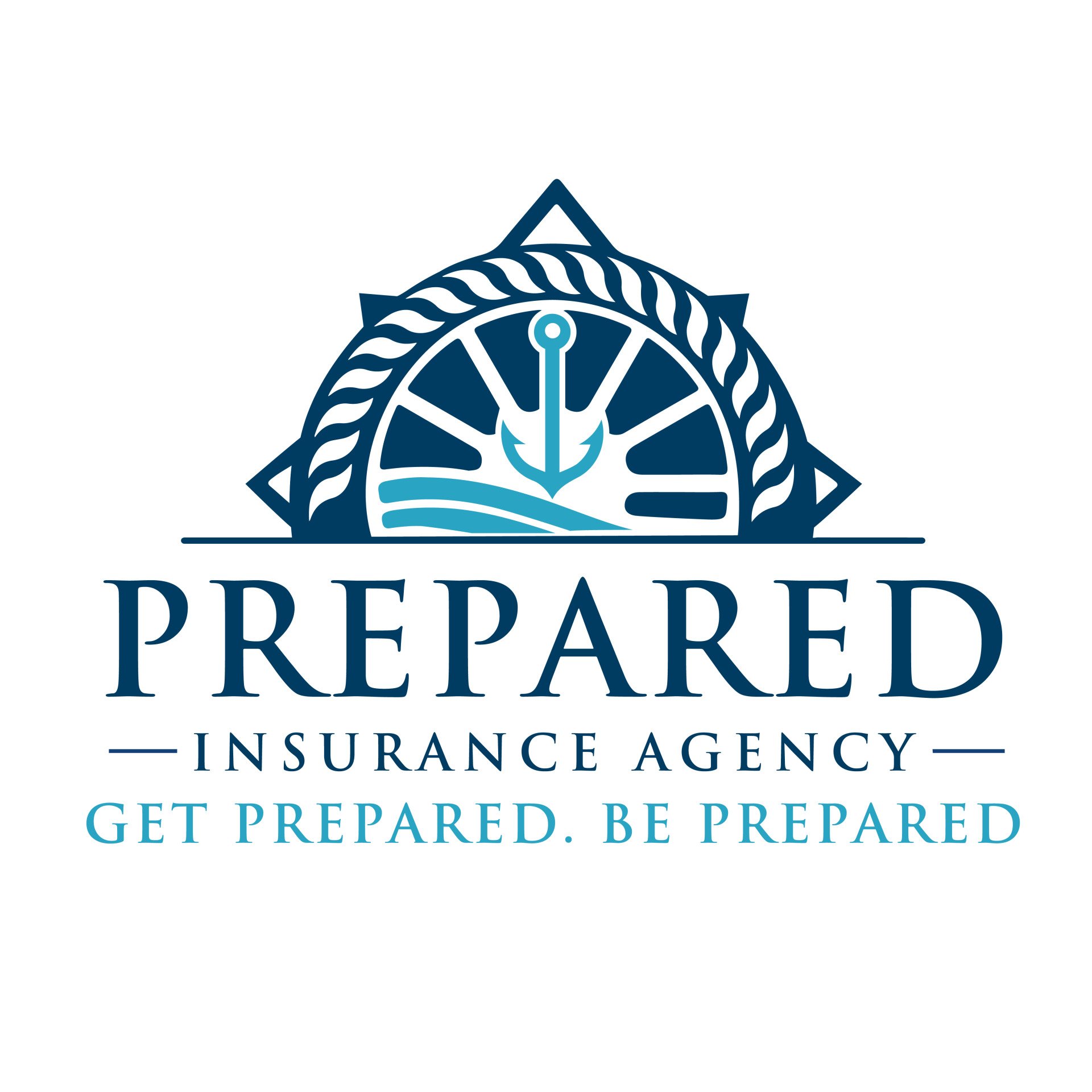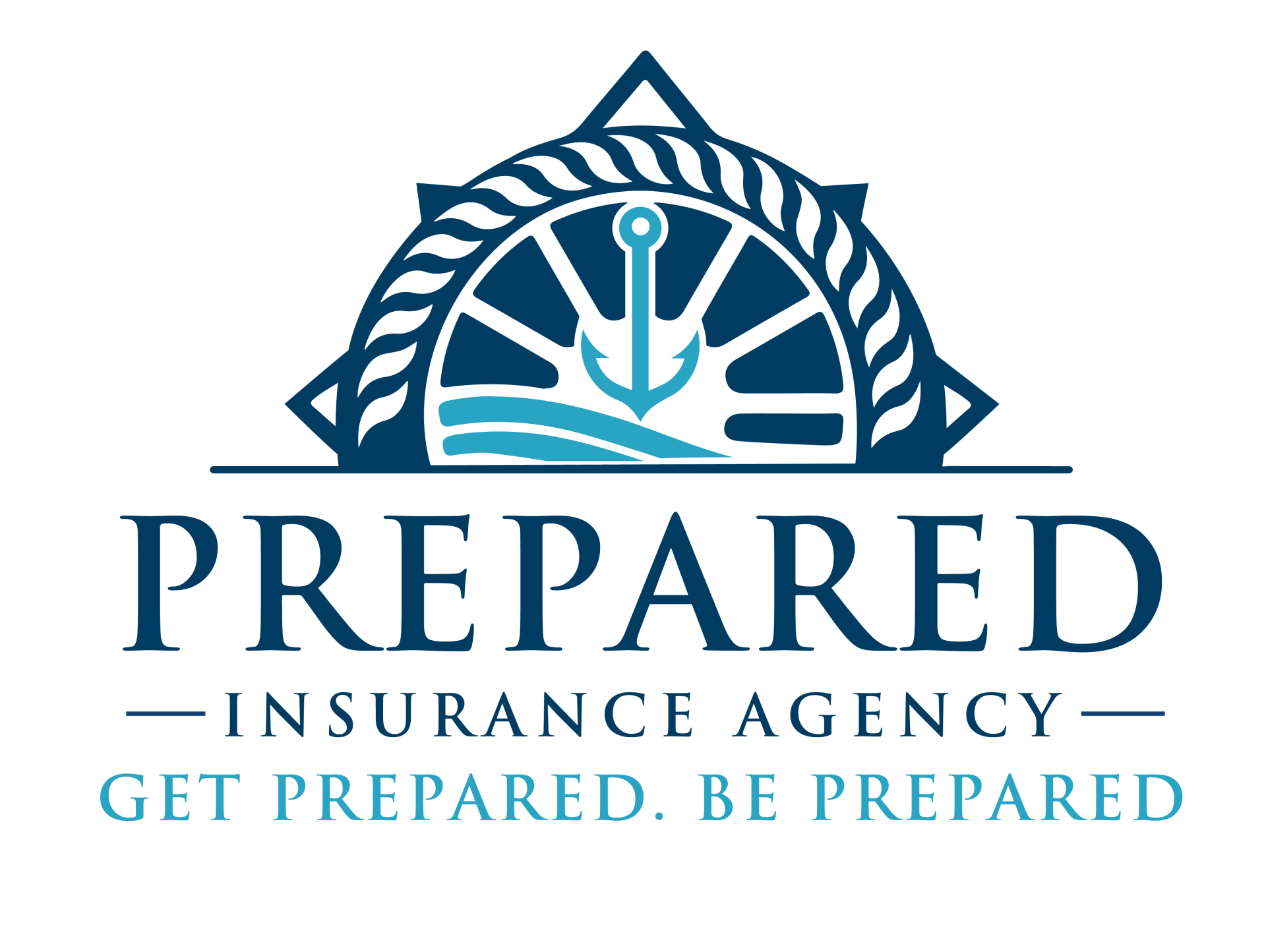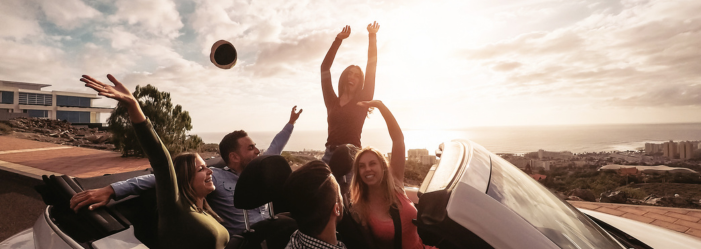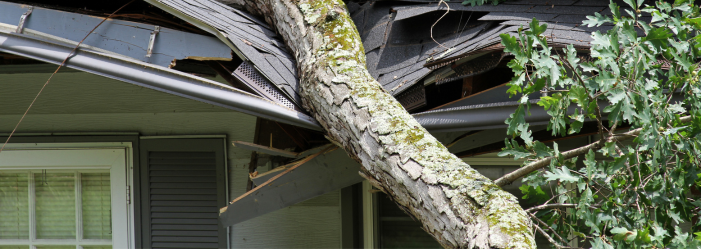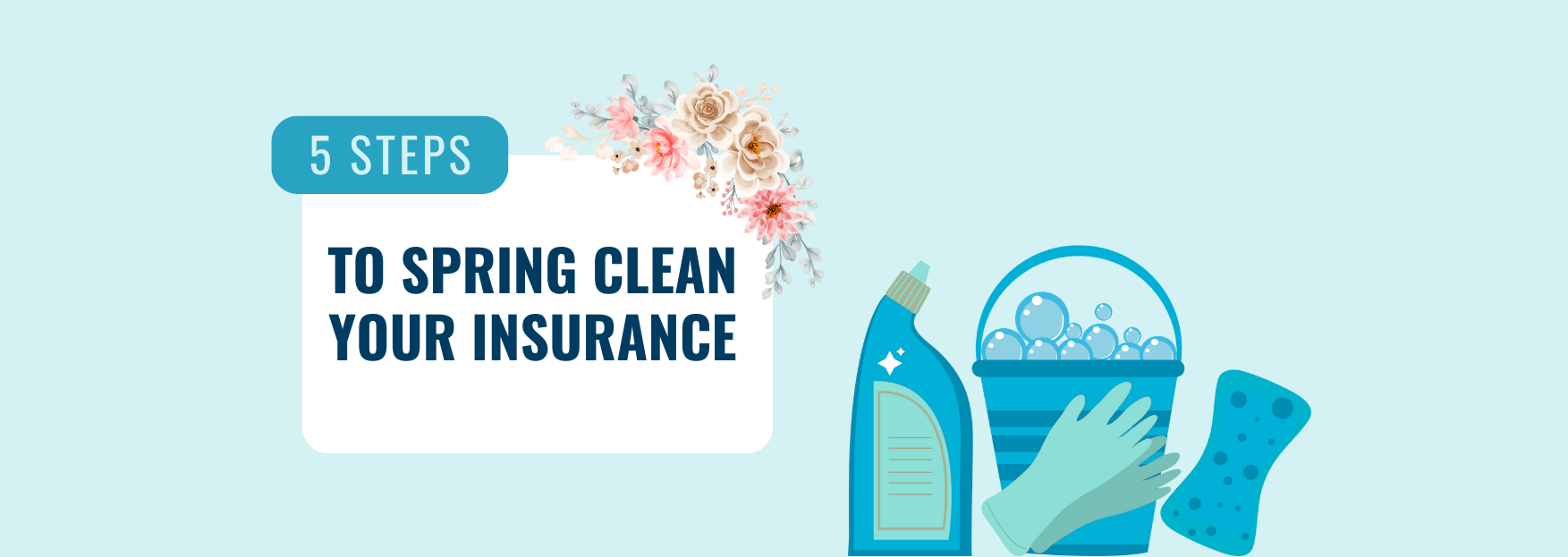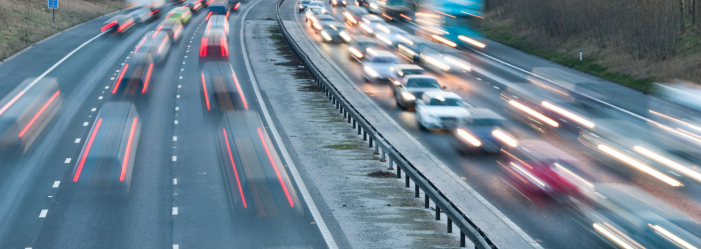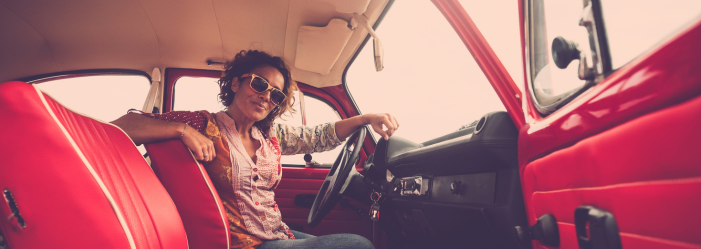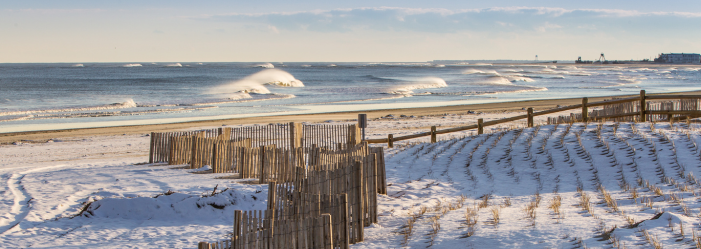What to do During a Flood
Flooding can happen fast and often in places you least expect it. Here's steps to take before, during and after a flood.
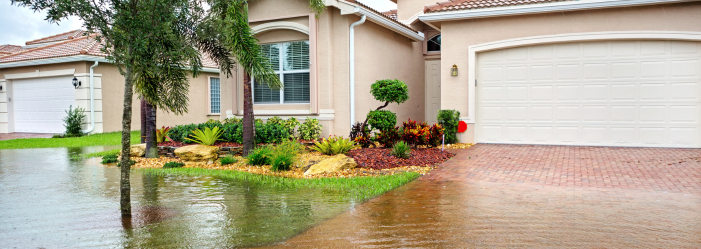
As weather becomes more unpredictable, flooding can affect anyone, even outside of high-risk areas. Whether you live near the coast, along a river, or hundreds of miles from the ocean, it's more important than ever to know what to do when floodwaters rise.
Before a Flood
To understand your risk of flooding, start by checking if you live in or near a flood-prone zone using FEMA’s Flood Map (msc.fema.gov). Review your insurance coverage because most standard homeowners policies do not include flood protection. You'll likely need a separate flood insurance policy, which typically has a 30-day waiting period.
Having a prepared emergency kit eliminates the need for last-minute trips to the store for supplies. This way, you won't have to worry about local stores running out of items or having to pay extra during high-demand situations. Your emergency kit should include water, non-perishable food, flashlights, batteries, important documents, medications, pet supplies, and a phone charger.
Establish an evacuation plan so you can act quickly when a storm approaches. Know your route, local shelters, and where to meet family if separated. Finally, take proactive steps to protect your property by elevating valuables, sealing basement cracks, clearing gutters, and keeping sandbags ready in case flooding is likely.
During a Flood
If you are advised to evacuate, do not hesitate. Leave early and follow local emergency alerts. Never drive through flooded roads, as just six inches of moving water can knock over an adult, and twelve inches can sweep away a car.
If evacuating is not possible, turn off the electricity and gas if still safe to do so. Move to higher ground as quickly as possible. Try your best to avoid contact with floodwater, as it may contain sewage, chemicals, or debris that could be harmful.
What If You Become Trapped in Your Car?
In times of crisis, try your best to remain calm because panic can cloud your judgment. Take a deep breath and assess your surroundings. If you find yourself in a car with rising water, unbuckle your seatbelt and exit as quickly as possible. Should the doors refuse to open, roll down the windows. If they won’t open and you need to break a window to escape, target a corner of the glass with a safety tool (link to tool). If necessary, climb to the roof of the car and signal for help.
What If You’re Trapped in Your Home?
Move to the highest level of your home, but avoid climbing into a closed attic unless you can escape through the roof. Bring essential items like your phone, flashlight and any emergency supplies with you. Once positioned safely, call 911 and communicate your location, the number of people with you, and any medical needs that may arise. To signal for help, use a flashlight, wave a bright cloth, or write “HELP” in a place where rescuers can see it. If the water continues to rise, relocate to the roof and remain visible for rescuers.
After a Flood
Stay out of flooded areas until declared safe by officials. Document all damage with photos and videos before you begin to clean up. Wear protective gear like boots, gloves, and masks while cleaning to ensure your safety. Look for hazards like mold, gas leaks, and electrical issues.
File your insurance claim as soon as you can to speed up your recovery. Lean on your family, friends and community for support! Recovering after any disaster takes time, so don't hesitate to ask for help because you shouldn't have to go through it alone.
Why Flood Insurance Matters, Even If You’re Not in a High-Risk Zone
It’s a common misconception that flood insurance is only for coastal or riverfront homes. But over 20% of flood claims come from properties outside high-risk flood zones, according to FEMA.
At Prepared Insurance Agency, we believe in staying ahead of the unexpected. If you’re unsure what your policy covers or if you need to add flood protection, we’re here to help you understand your options.
Get Prepared. Be Prepared.
Our team at Prepared Insurance Agency is always just a call or message away.
